2 min read
Why This Book and Why Now?
While writing my new book, 21 Things™ You Need to Know About Indigenous Self-Government, many people asked me, “why this book and why now?” The...
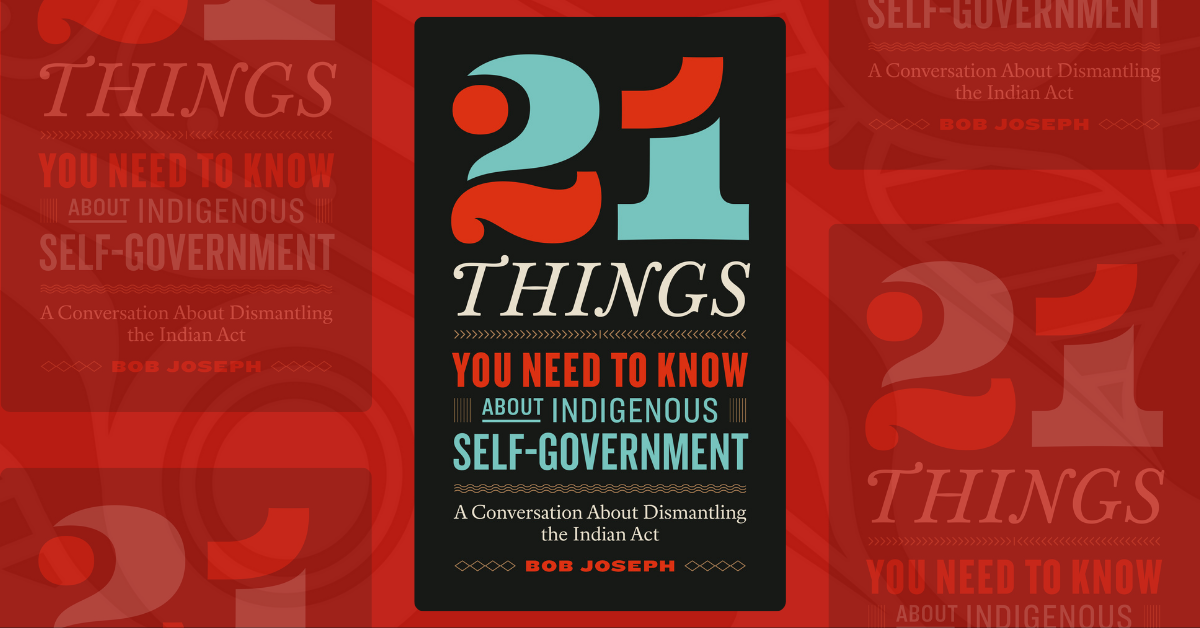
2 min read
While writing my new book, 21 Things™ You Need to Know About Indigenous Self-Government, many people asked me, “why this book and why now?” The...
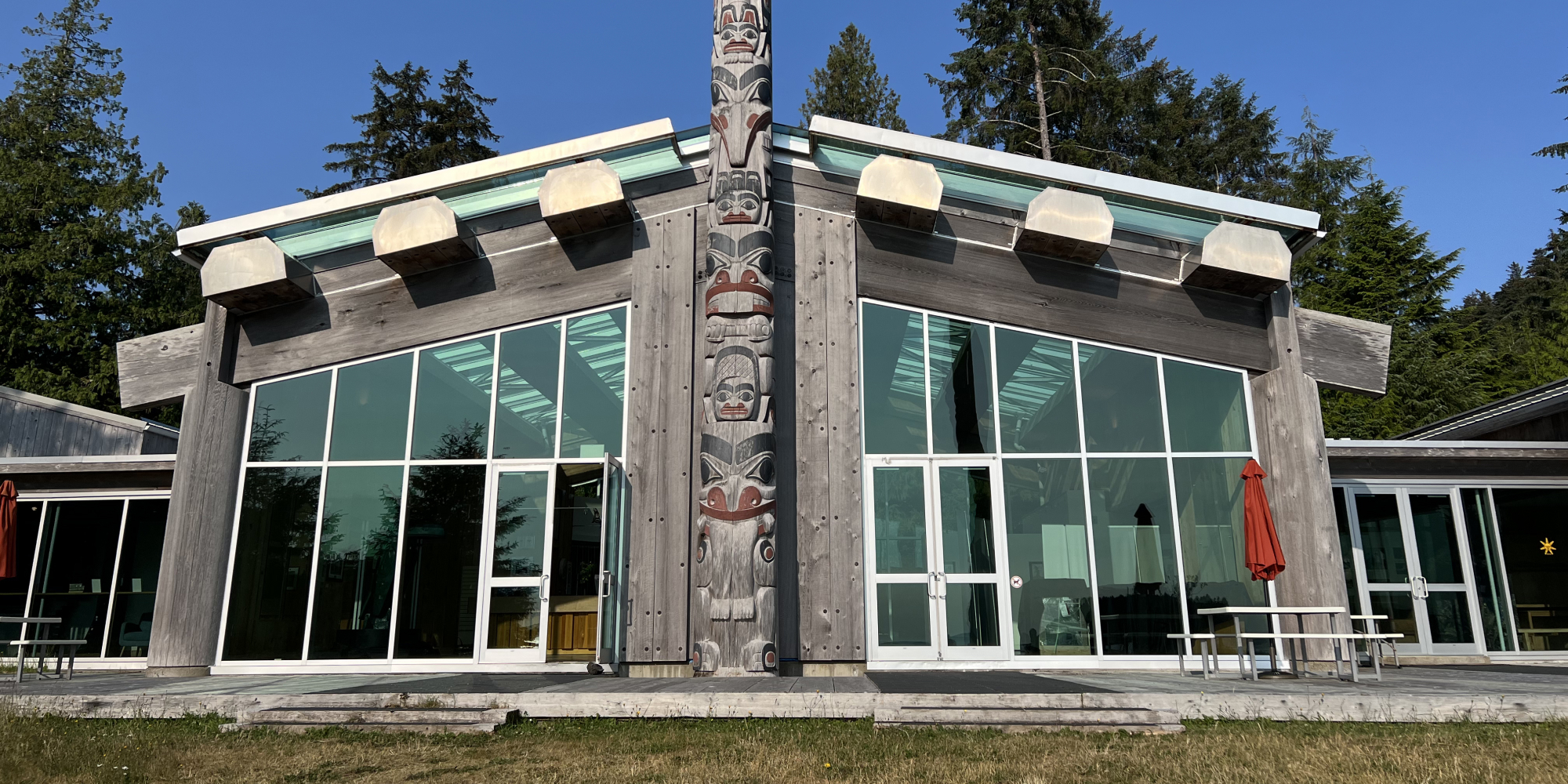
2 min read
We recently revealed the cover of Indigenous Corporate Training, Inc.’s Co-founder and President Bob Joseph’s new book, 21 Things™ You Need to Know...

2 min read
Perhaps a more accurate question would be, “Why do Indigenous Peoples want self-government back?” Long before European contact, Indigenous Peoples...
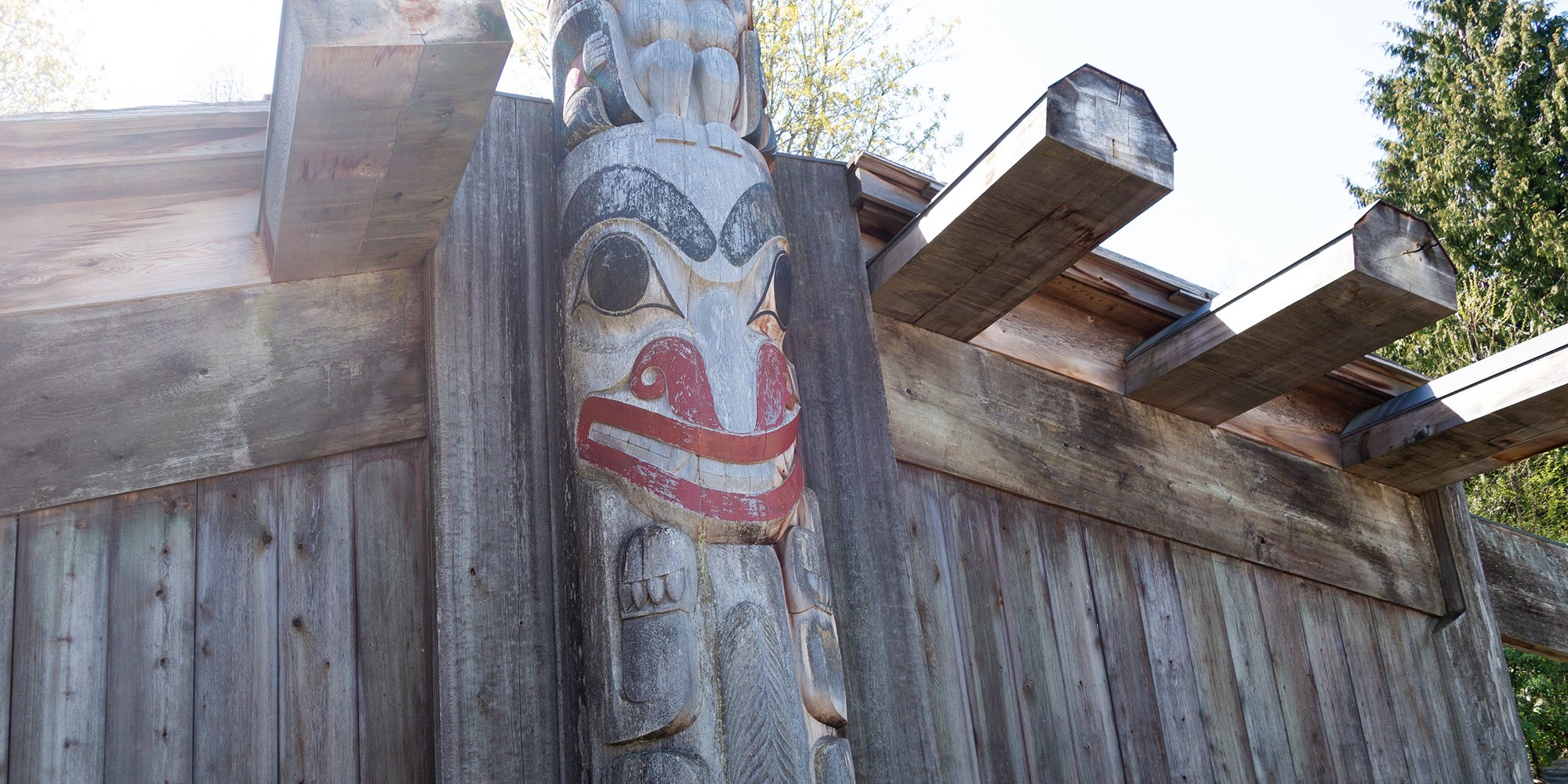
3 min read
“Indigenous self-government” is a term that carries some misunderstanding. And as we’re likely to be hearing about it more frequently as Indigenous...

2 min read
The Wetʼsuwetʼen protests in 2019 and 2020 were widely reported on and sparked public interest around one of many misconceptions of Hereditary Chiefs...
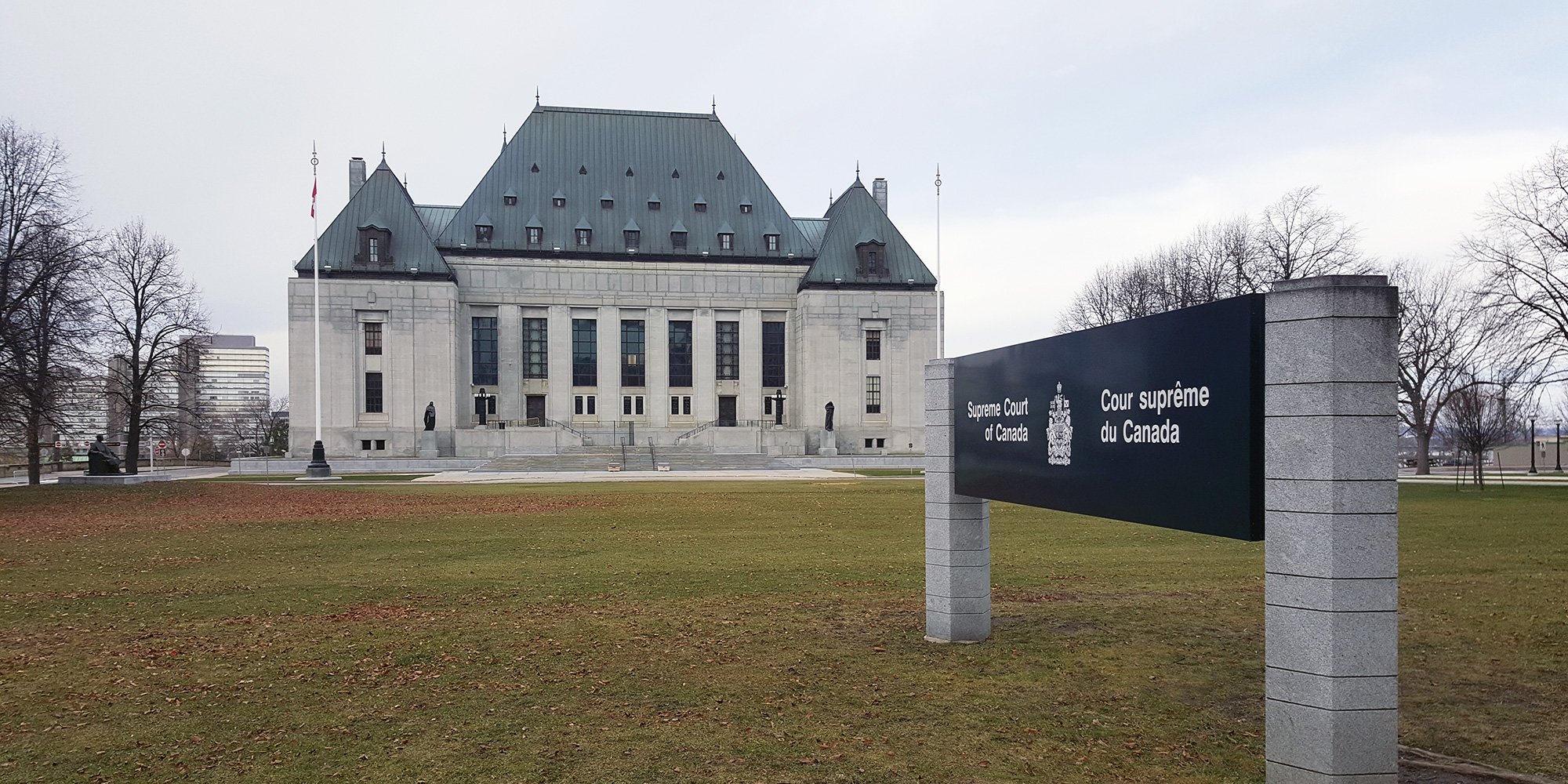
3 min read
This is another installment in our series on the people behind the transformational court cases that affect Indigenous Peoples in Canada. Please...
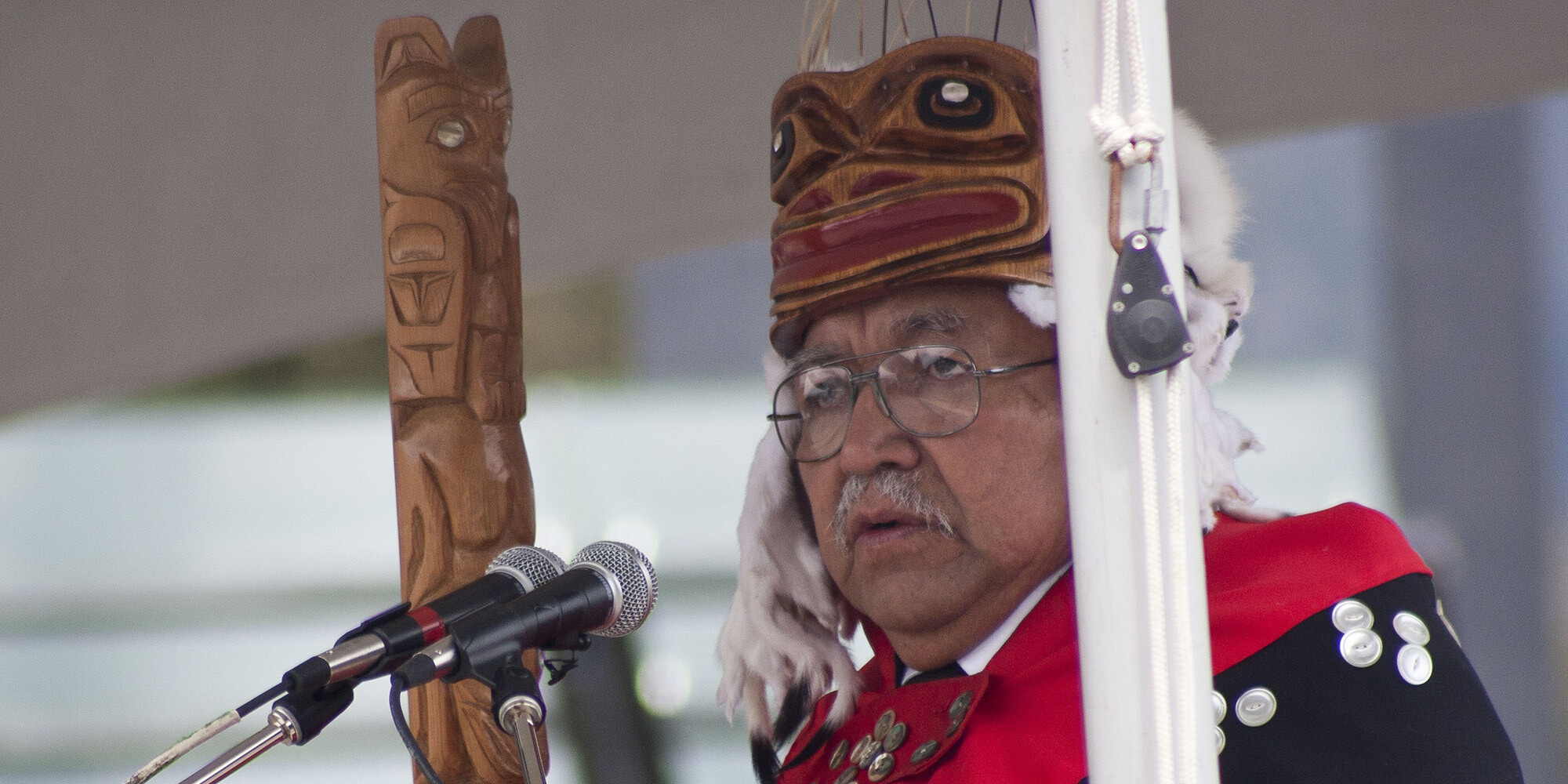
3 min read
In January 2019, a situation arose in northern BC that brought to the public’s attention the fact that some Indigenous communities have two forms of...

2 min read
In recent decades, there has been significant pressure to address historical Indian Act issues. That pressure has been imposed by the combination of...
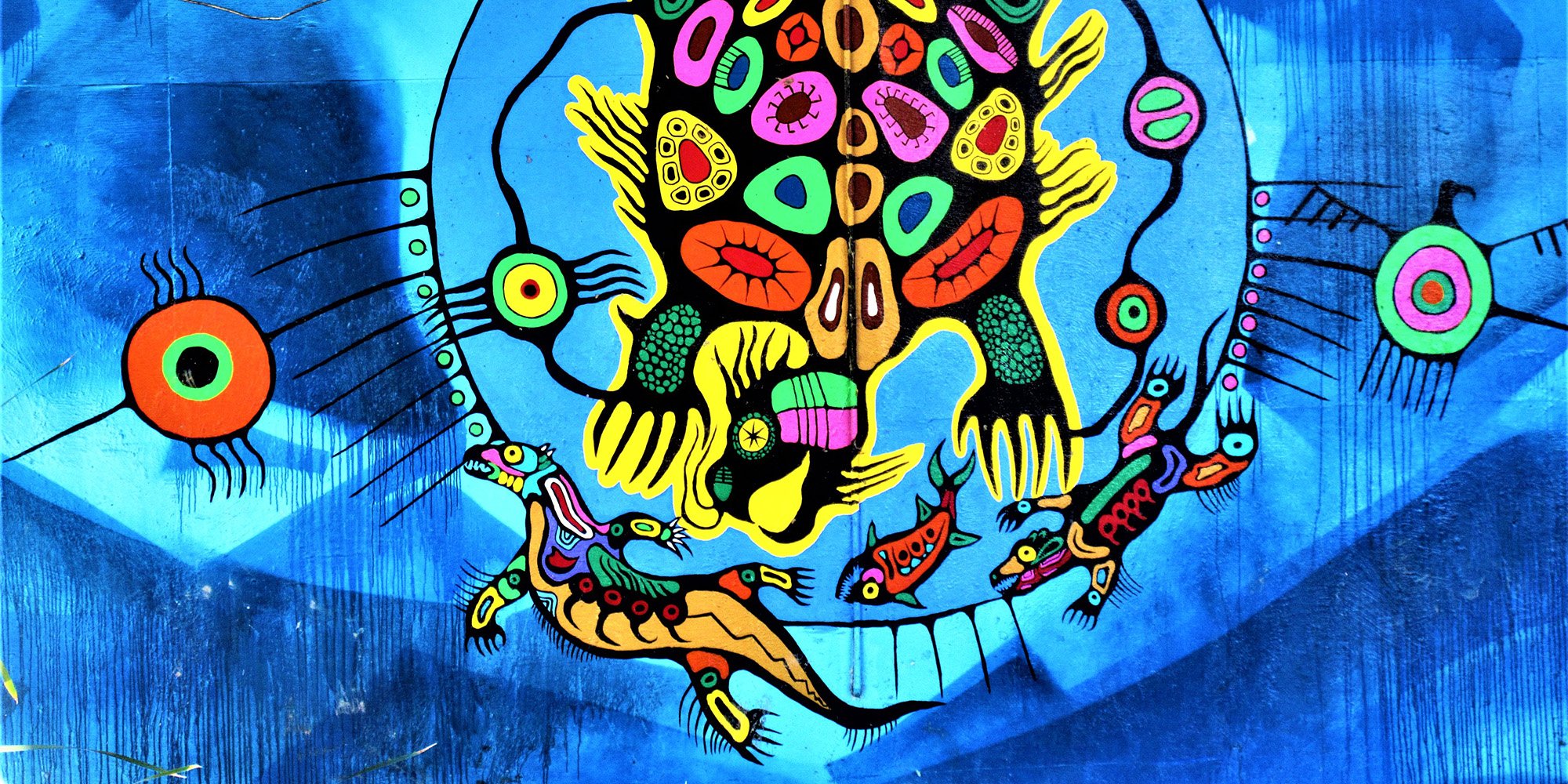
2 min read
For some First Nation people, inherent rights are rights bestowed upon them by the Creator who placed them on Turtle Island and provided them with...

1 min read
Indigenous Peoples want the ability to participate in the political, and more importantly, the economic mainstream without having to rely on federal...